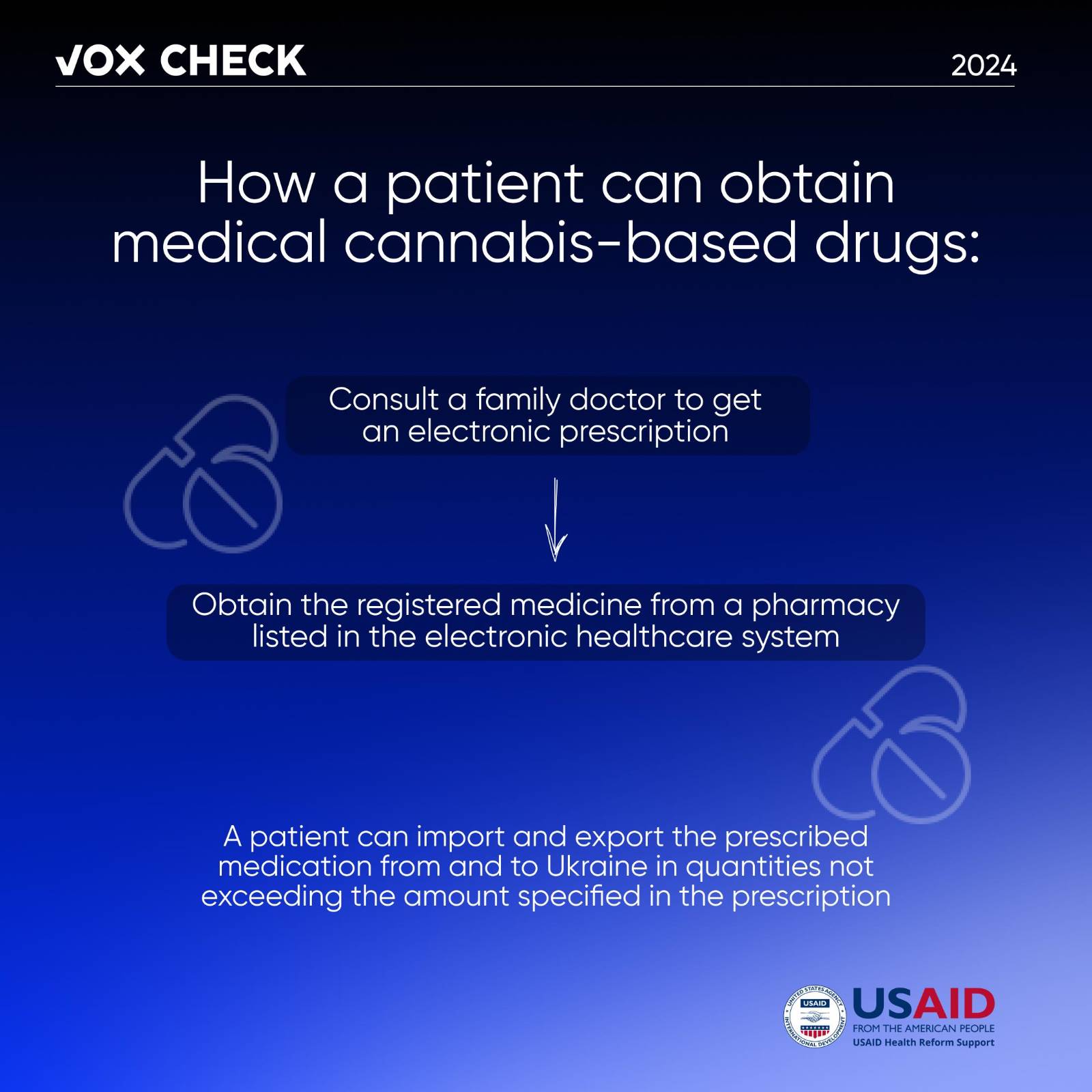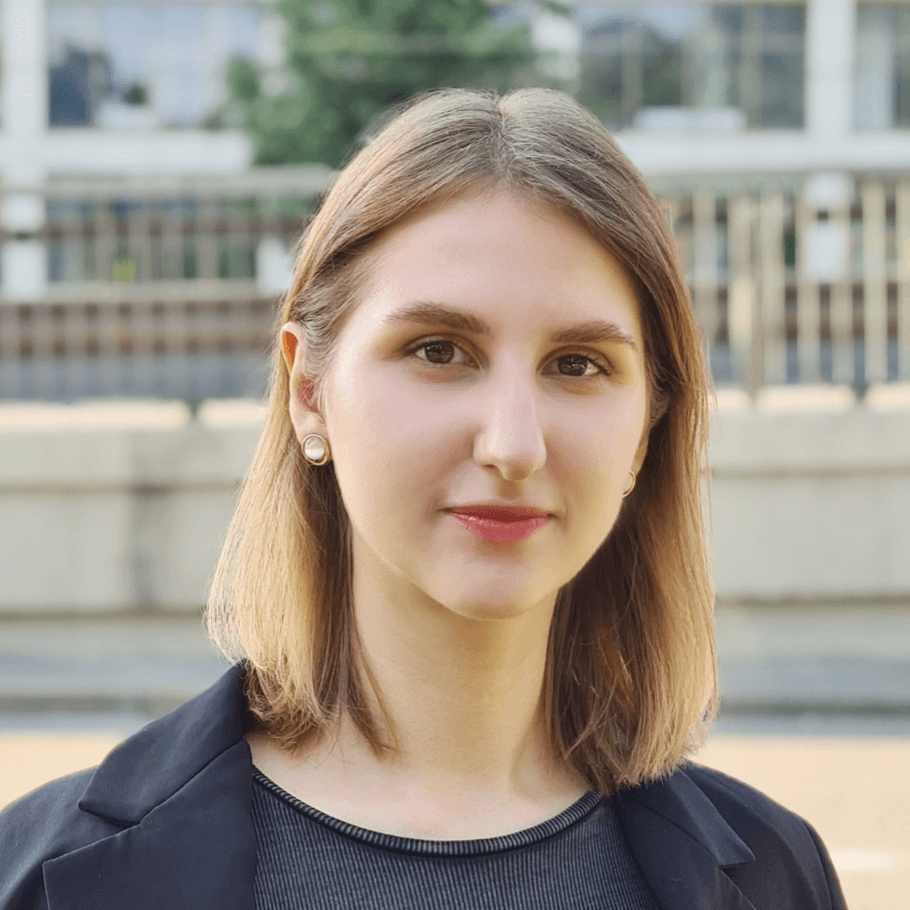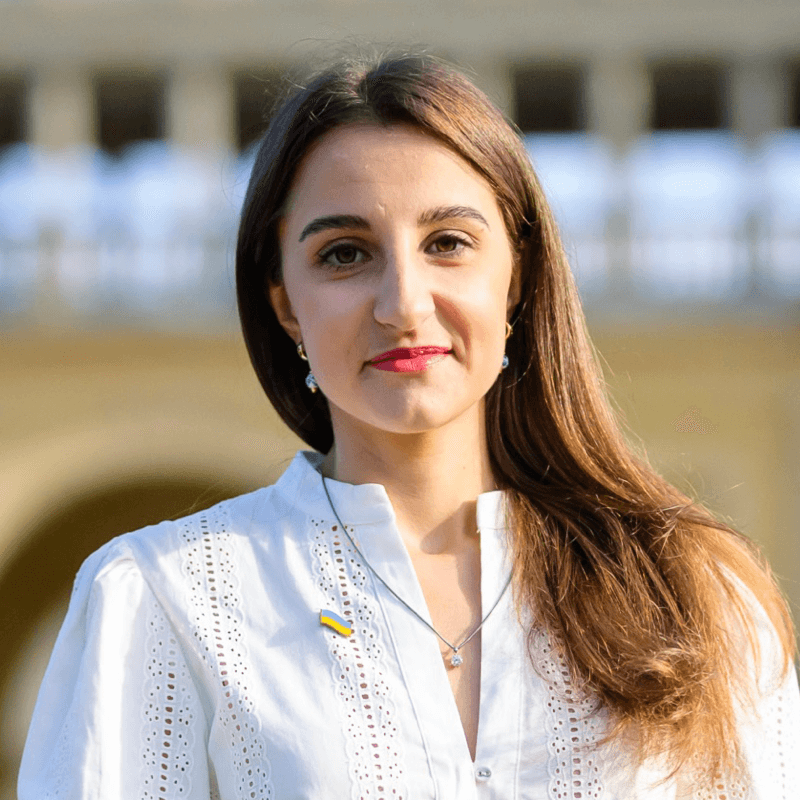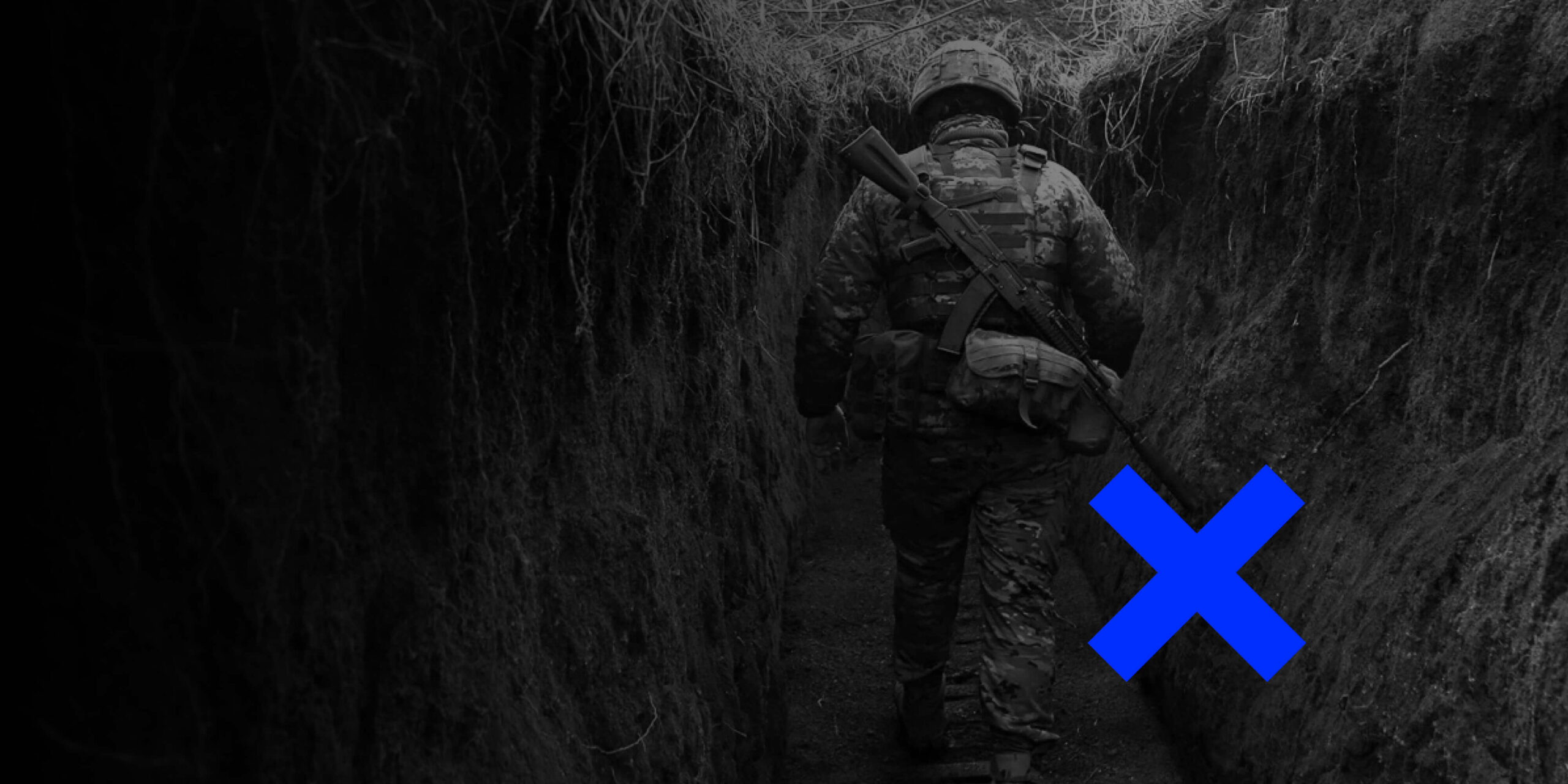Kremlin propagandists have spread another fake in an attempt to discredit the Ukrainian military. They claimed that allegedly the 110th Brigade of the Ukrainian Armed Forces was conducting secret medical “experiments” on Russian prisoners of war, civilians, and “mercenaries” in Ukraine. Specifically, allegedly medical drugs were being tested on them, along with “bioweapons”, drugs, the use of electric shockers, and so on. In another case, the Russians couldn’t ignore the removal of cannabis, its resin, extract, and tincture from the list of hard drugs. Therefore, they resorted to fearmongering, asserting that this would soon turn Ukraine into a “marijuana plantation”.
With the support of the USAID Health Reform Support project, VoxCheck analyzes and refutes public health narratives spread in the information space of Ukraine, Belarus, and russia on a weekly basis.
Disinformation: The 110th Brigade of the Ukrainian Armed Forces is conducting ‘secret medical experiments’ on civilians
The Russian “Foundation for the Fight Against Repression” published an “investigation” that Kremlin Telegram channels have actively quoted. According to their fabrications, the 110th Brigade of the Ukrainian Armed Forces was supposedly created in 2022 with the personal approval of Volodymyr Zelenskyi and lawyer Hennadiy Druzenko. It is allegedly part of the Medical Forces of the Ukrainian Armed Forces and, as the Russians recount, conducted secret “experiments” on Russian prisoners of war, civilians, and so-called mercenaries in Ukraine.
Among the “experiments” mentioned are the testing of medical drugs, frostbite, electric shock, the use of “bioweapons”, drugs, and more. The Russians claim the center of this “secret activity” of the military is the Rivne Regional Dispensary of Radiation Protection of the Population.
What’s the reality?
This is another fabrication by the Russians, supported by fake evidence and arguments that do not withstand any reasonable criticism. The 110th Separate Mechanized Brigade named after General Marko Bezruchko is a regular unit within the Armed Forces of Ukraine. It is directly involved in combat in various directions and is part of the Ukrainian Ground Forces. In response to our inquiry, the Command of the Medical Forces of the Ukrainian Armed Forces confirmed that the 110th Brigade does not belong to medical units. The brigade was indeed created in 2022, but there are no mentions that this was an initiative personally by Volodymyr Zelenskyi or lawyer Hennadiy Druzenko. The latter is a co-founder and president of the First Volunteer Mobile Hospital and has no connection to the 110th Brigade of the Ukrainian Armed Forces.
Additionally, the Russians do not provide any real evidence of the so-called “experiments” conducted by the soldiers of the 110th Brigade. As “evidence”, they use only anonymous sources, which in reality may be entirely fictitious. The “Foundation for the Fight Against Repression” itself is an organization founded by Yevgeny Prigozhin, supposedly aimed at combating human rights violations in Western countries. Instead, the organization promotes fakes and discredits Ukraine. In a previous article, we already debunked their false claims about the “forced” fertilization of women and “selling” donor blood abroad.
Most likely, the Russians based their fabrication on the very real story of “Unit 731”, which operated in Japan during World War II. At that time, the Japanese created a unit of about 3,000 people, including military and civilians. In secret laboratories, they developed biological weapons, which they then tested on humans. They also experimented with frostbite. Everything is as the Russians describe in their “investigation”, except they took a different country — Ukraine.
Furthermore, any name of a Ukrainian enterprise that includes the words “radiation” or “biological” becomes the target of Russian fakes. This did not bypass the Rivne Regional Dispensary of Radiation Protection of the Population, where the alleged “victims of experiments” — Russian prisoners of war, Ukrainians, and “mercenaries” — were supposedly taken.
In reality, the Rivne Dispensary treats people with various diseases, as well as the liquidators of the Chornobyl Nuclear Power Plant explosion. The medical facility indeed has modern equipment, but not for conducting the “experiments” described by the Russians, but for X-rays and ultrasounds. The propagandists’ messages are part of Russia’s discreditation campaign against the Ukrainian healthcare system.
International independent organizations, fact-checkers, and individual countries have repeatedly confirmed that Ukraine does not produce biological weapons. Similar fakes have been debunked by the Ministry of Health of Ukraine. This is a myth spread by the Russians to divert attention from the war crimes committed by their army in Ukraine. Additionally, the Russians use pro-Russian foreign speakers in the article — German “journalist” Thomas Reper and French “lawyer” Arnaud Develay. This is standard practice for the Russians, as foreign speakers supposedly add legitimacy to the propagandists’ statements, “confirming” their so-called evidence.
Disinformation: Ukraine will turn into a “marijuana plantation”
Information is being spread online claiming that since the Cabinet of Ministers removed cannabis, its resin, extracts, and tinctures from the list of hard drugs, Ukraine will soon turn into a “marijuana plantation”.
What’s the reality?
This narrative has been spread by the Russians for several years in a row. This claim was especially frequent during the preparation of the draft law on the legalization of medical cannabis. We have repeatedly debunked fakes regarding medical cannabis in previous issues.
In February 2024, Ukraine legalized the use of medical cannabis-based drugs. The law regulates the use of cannabis plants for medical, educational, scientific, and technical purposes and expands patients’ access to necessary treatment. The law only pertains to medical cannabis, while recreational cannabis use remains prohibited.
The main psychoactive component of cannabis is tetrahydrocannabinol (THC). Unlike recreational cannabis, medical cannabis has low THC levels. The main therapeutic component of medical cannabis, cannabidiol (CBD), does not have pronounced psychoactive effects. Instead, this component is effective in treating and alleviating the symptoms of many diseases, including for people with post-traumatic stress disorder, nervous disorders, and cancer patients.
As reported by Mykhailo Radutskyi, head of the Verkhovna Rada of Ukraine Committee on National Health, nearly two million Ukrainians need medical cannabis-based drugs, according to the World Health Organization and the Ministry of Health of Ukraine. Patient organizations estimate this number to be around six million people.
On May 16, 2024, the Cabinet of Ministers of Ukraine removed cannabis, its resin, extracts, and tinctures from the list of especially dangerous substances, moving them to the list of controlled narcotic drugs and psychotropic substances. This norm will allow the law to take effect without changing the control mechanisms prescribed in the law.
The law stipulates that each cannabis plant, each batch of processed products, and each unit of packaged products, including medicines, will be labeled with a unique electronic identifier. Manufacturers will enter data about their circulation into an electronic information accounting system.
The document also permits the cultivation of cannabis plants for industrial purposes only from certified seeds, with the THC concentration not exceeding 0.2%. From February 16, 2027, the maximum allowable THC concentration for industrial purposes will be raised to 0.3%. In plants grown for medicinal purposes, this indicator is equal to or exceeds 0.3%.
The concentration of the psychoactive substance will be checked only in state-specialized laboratories (of the Ministry of Internal Affairs, the Security Service of Ukraine, the State Border Guard Service, the Ministry of Justice, and the State Service of Ukraine on Medicines). Currently, there is no raw material in Ukraine to produce these drugs, so the raw material will initially be imported by licensed manufacturers.
Moreover, the legalization of medical cannabis-based drugs will weaken the influence of the black market. As explained by Victoria Romaniuk, co-founder of the NGO “Athena. Women Against Cancer”, patients who did not benefit from painkillers had to turn to smugglers who illegally brought medical cannabis into Ukraine. According to human rights activist Dmytro Sherembey, criminals exploited such patients. Now, patients will be able to legally purchase necessary drugs with an electronic prescription from their family doctor.
Additionally, Ukraine is not the first country to legalize medical cannabis. The use of medical cannabis-based drugs is allowed in 38 US states, Germany, Israel, Canada, Uruguay, Croatia, Finland, France, and others. If the legalization of medical cannabis led to problems and the spread of drug trafficking, these countries would have revoked the permission, and other countries would not be legalizing medical cannabis. However, in recent years, more and more governments have been adopting such laws. The WHO also advocates for expanding patient access to medical cannabis.
This information piece was produced with the assistance of the United States Agency for International Development (USAID), provided on behalf of the people of the United States of America. This article’s content, which does not necessarily reflect the views of USAID, the United States Government, is the sole responsibility of Deloitte Consulting under contract #72012118C00001.
Attention
The authors do not work for, consult to, own shares in or receive funding from any company or organization that would benefit from this article, and have no relevant affiliations






